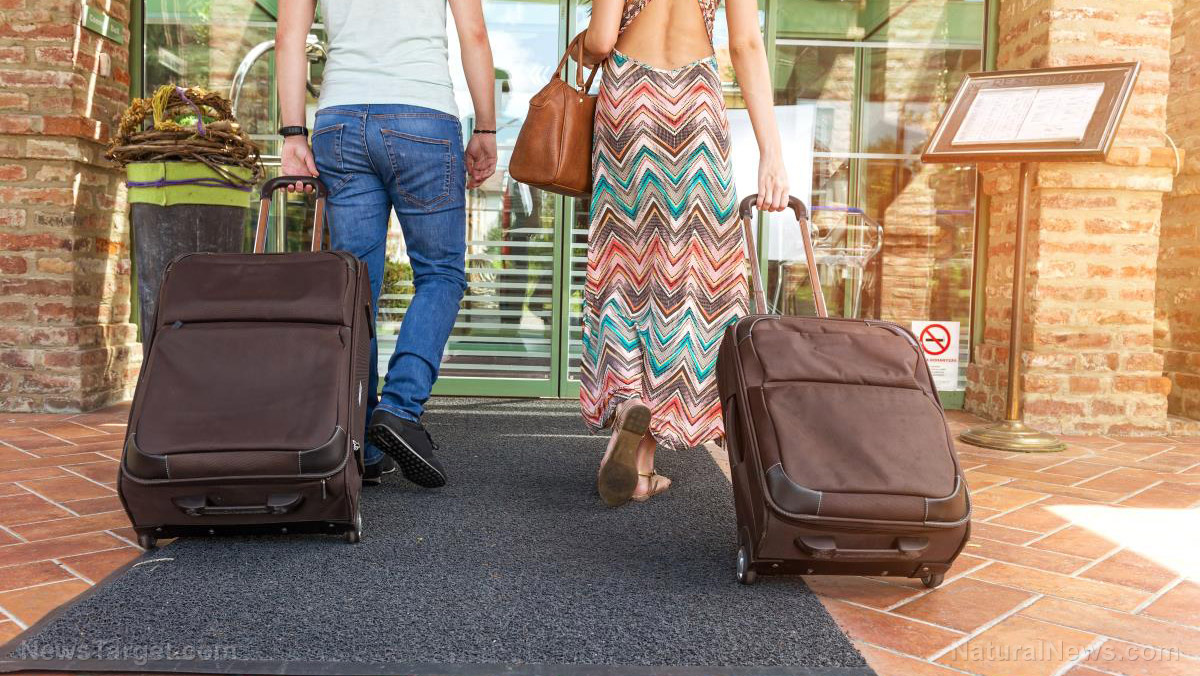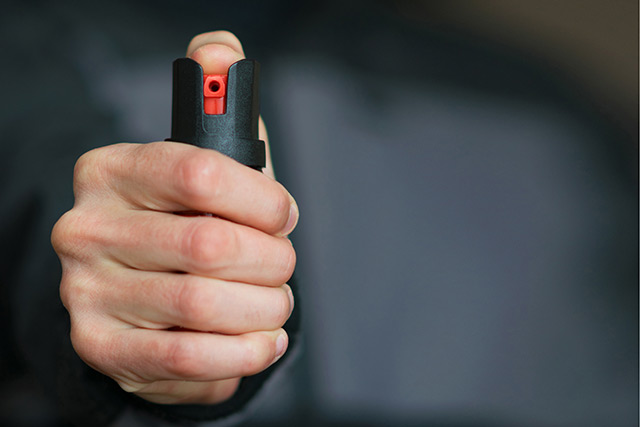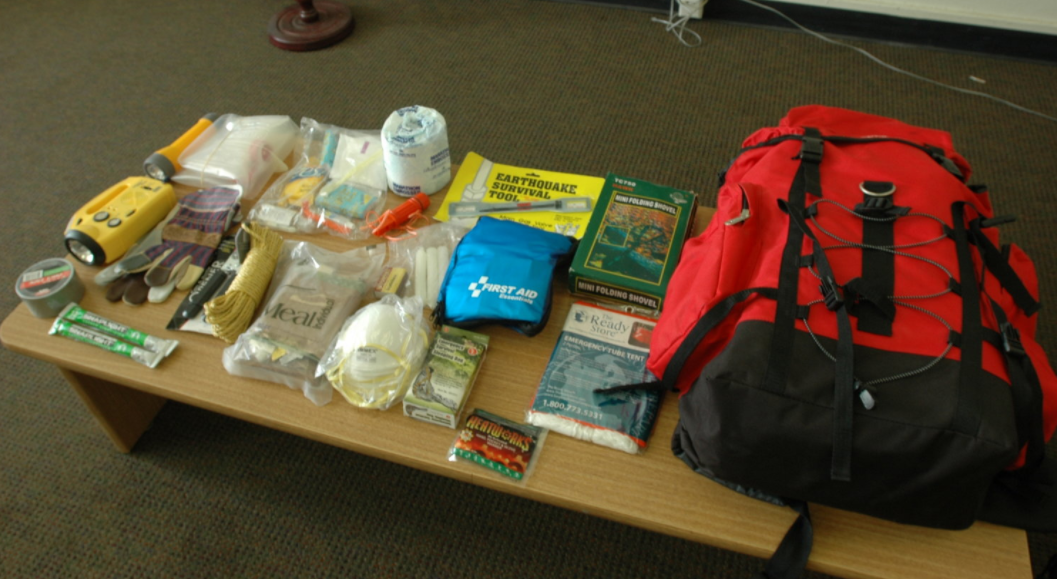Prepping on the go: How do you deal with lost luggage?
11/20/2019 / By Grace Olson

Losing luggage is every traveler’s nightmare. You spend so much time planning the perfect trip, and this unexpected obstacle blocks your path. However, there are ways for you to prevent it from happening. While it’s not full proof, you can set up preventive measures to ensure that your luggage will be safe and well-handled. (h/t to GoodHouseKeeping.com)
Prepping before flight
Ensuring the safety of your luggage begins with planning. While there are tracking devices available, there are simpler measures that you can employ:
- Book nonstop flights and avoid short layovers. Suitcases are more likely to get lost when you book flights with a lot of layovers. If there isn’t enough time to make a transfer, it increases the chances of your luggage getting left behind.
- Make a list of everything. Prepare a list of the contents of your luggage so you can make sure that everything is still in there when you retrieve it. Another advantage of making a list is pointing out notable items that can help identify the luggage as yours (like a specific book, a neon shirt, etc.)
- Keep your suitcase simple but personalized. As much as you might want to get a designer suitcase, flashy items catch the eyes of bag handlers with sticky fingers. Keep it practical and opt for a simpler looking bag. To ensure no one picks your bag by mistake, personalize it. Wrap a brightly colored scarf or strap around the handle to make it easier to identify.
- Add luggage tags. Add two tags outside in case one of them breaks. In the scenario that both get removed, place a tag inside as well. If you don’t have a tag, write your details on a piece of paper and hide it in a pocket. You can use a business card as well.
- Invest in a good lock. Avoid bright locks because they attract too much attention. Use a simple but sturdy luggage lock instead.
- Add essentials in your personal bag. Pack a change of clothes in your carry-on bag. This way you still have something to use in case your luggage arrives late. Add other essential items as well, like toiletries and important medicines.
- Split your items. If you’re traveling with someone, divide both of your items between the two suitcases. This ensures that if one suitcase gets lost, both of you will still have something to use while you’re waiting for the other luggage to arrive.
- Check in early. Go to the airport early enough that it gives time for the airline attendants to properly check and tag your luggage. Double-check also the details printed on the tags. Make sure that your bag is headed to the right destination.
- Take a picture of your bag at check-in. In case your luggage is compromised, you have evidence of what your luggage looked like before you checked it in. Moreover, it helps the airline attendants locate your luggage easier.
Prepping for post-flight
Despite your best efforts, you can still lose your luggage. Here are some things to do in case it happens:
- Don’t panic. Before anything else, stifle the urge to worry and complain loudly at the attendants. The people at the desk are most likely tired as well, and it will not make your luggage appear faster. On the contrary, keeping calm and offering a smile may help them locate your luggage more quickly.
- Keep a physical and electronic copy of the report. After filing a report at the desk, make sure to get a copy of all the documents. Take a picture of them afterward in case the physical copies get lost. Airline attendants receive a lot of reports each day, and you don’t want your files getting misplaced or lost among all of them.
- Get a phone number you can contact. The key to getting your luggage as soon as possible is to constantly remind them of it. The airline deals with numerous customers in a day, and your report may fade into the background.
- Know your rights. According to the Department of Tourism, travelers whose luggage gets lost or damaged are entitled to $1,525 to $3,500. Check if your airline offers baggage delay reimbursement.
Sometimes, luggage gets lost, but this should not get in the way of your anticipated trip. With these prepping tips and tricks, you can travel without worries.
Sources include:
Tagged Under: airline, airports, emergency, flight checklist, flight prepping, how-to, itinerary, lost luggage, planning, preparedness, prepping, SHTF, survival, Travel Tips, traveling, trip, vacation
RECENT NEWS & ARTICLES
COPYRIGHT © 2018 PANIC.NEWS
All content posted on this site is protected under Free Speech. Panic.news is not responsible for content written by contributing authors. The information on this site is provided for educational and entertainment purposes only. It is not intended as a substitute for professional advice of any kind. Panic.news assumes no responsibility for the use or misuse of this material. All trademarks, registered trademarks and service marks mentioned on this site are the property of their respective owners.



















